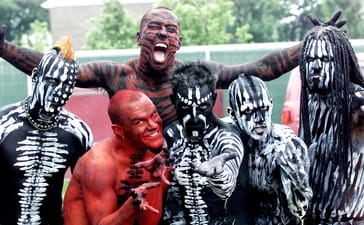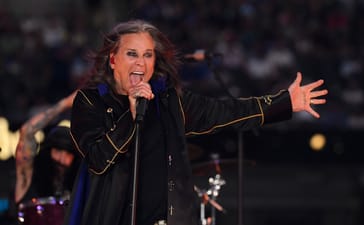Johnny Cash’s estate is suing Coca-Cola for allegedly hiring a tribute singer to imitate the ‘Ring of Fire‘ singer’s voice in a commercial without permission or providing compensation.
Johnny Cash’s estate has filed a lawsuit against the Coca-Cola company for allegedly hiring a tribute singer to imitate the country singer’s voice.
The complaint was filed on Tuesday (November 25) in Nashville under the state’s ELVIS Act, which went into effect last July, thereby making it the first notable lawsuit filed under the act.
The ad, which began airing in August, has been accused of “pirating Johnny Cash’s voice in a nationwide advertising campaign to enrich itself – without asking for permission or providing any compensation.”
“Stealing the voice of an artist is theft. It is theft of his integrity, identity and humanity,” Tim Warnock of Loeb & Loeb, a lawyer for Cash’s estate, wrote. “The trust brings this lawsuit to protect the voice of Johnny Cash – and to send a message that protects the voice of all of the artists whose music enriches our lives.”
The Cash estate would go on to highlight a brief jingle within the ad, which it claims sounds “remarkably” similar to Johnny Cash’s voice. The said jingle was performed by a tribute act called Shawn Barker, whose manager would go on to say that the singer was “thrilled” to be given the opportunity to sing on the ad (via Billboard).
In addition ot the claim, the Cash estate would claim they have previously given permission for Cash’s songs to be used in other Super Bowl ads such as ‘Ragged Old Flag’ and ‘Personal Jesus’. They would share in their filing that Coca-Cola had “never even bothered to ask the trust for a license”.
Cash’s estate is seeking a court injunction to remove the ad from screens and is seeking financial compensation for the alleged violation of Cash’s rights of publicity. The estate is also seeking damages for the reported violation of a federal law against false endorsement, as well as for the breach of a Tennessee consumer protection statute.






